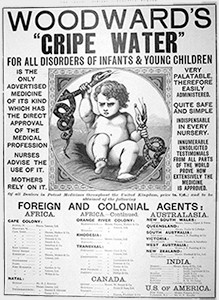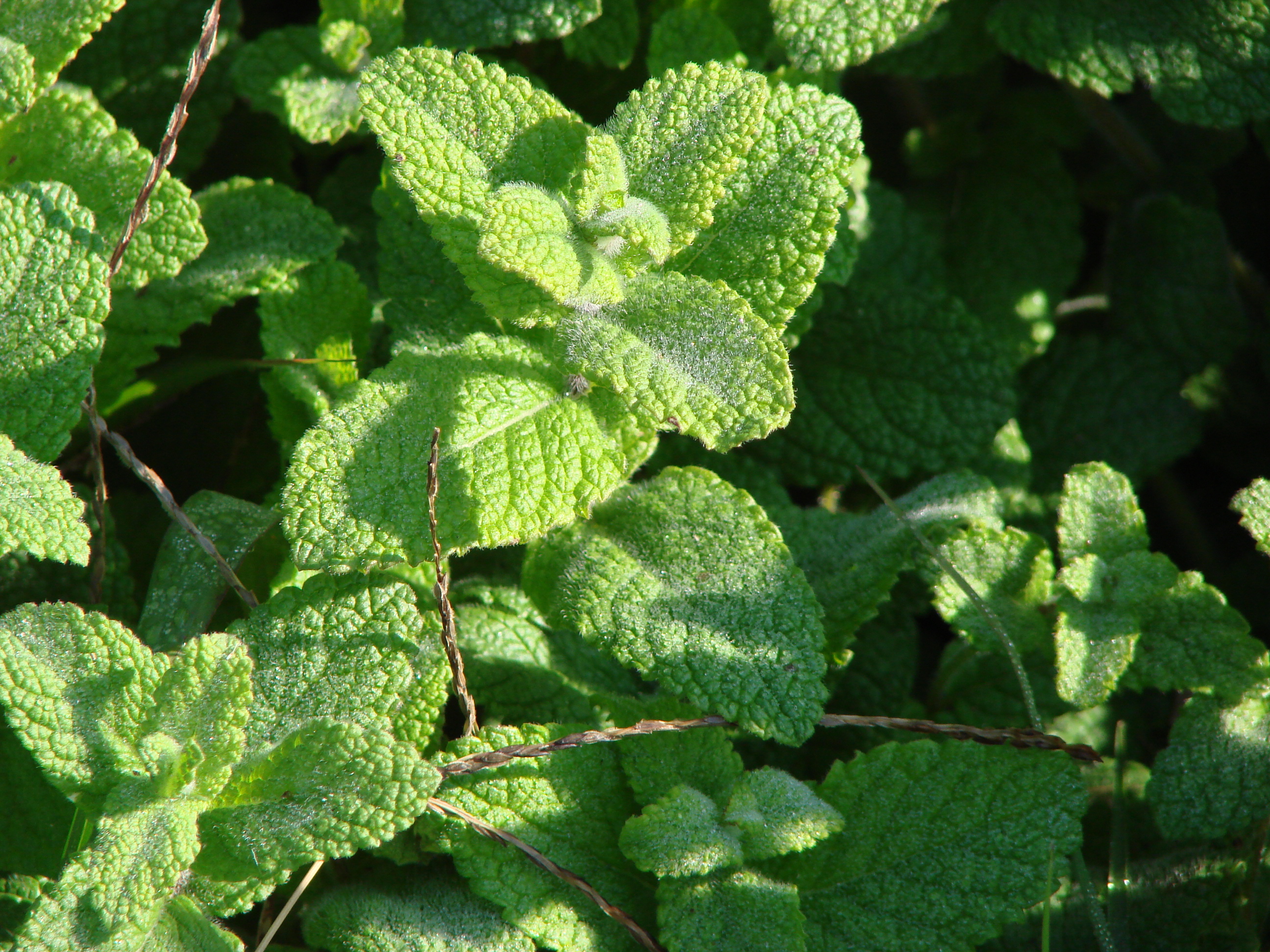
Woodward’s Gripe Water was the very first gripe water marketed to the public in England in 1851. Woodward’s Gripe Water contained 3.6% alcohol, dill oil, sodium bicarbonate, sugar and water. Not necessarily ingredients you’d want to give your baby now, right? Most gripe waters no longer contain alcohol. If you find one that does, I wouldn’t recommend giving it to your baby. Read on to find out what a safe gripe water should contain.
Today, gripe water is sold internationally in many formulations and brand-names. You can find it online and in stores. But be careful what you buy. Some gripe waters, especially international brands, contain ingredients not regulated by the FDA and not considered as safe for your baby to take. Some ingredients to watch out for are:
- sodium bicarbonate (a.k.a. baking soda)
- essential oils and herbal extracts such as dill seed oil, fennel extract, clove oil, ginger extract
- alcohol
- sugar
- citric acid
- wheat
- gluten
- soy
- dairy
What you want to buy is a gripe water manufactured using precise pharmaceutical methods in accordance with the Homeopathic Pharmacopoeia of the United States (HPUS). Some gripe waters on the market today containing the extracts and essential oils mentioned above do not meet the strict FDA guidelines for strength, quality, purity, and labeling.
For a gripe water to be considered safe, it must be a homeopathic medicine obtained from a precise and controlled process of successive homeopathic “dilutions”. A process that de-concentrates the original organic solution and transforms it into a therapeutically active medicine. In other words, in a diluted form, the essential oils and extracts are not considered harmful. However, some gripe waters simply do not follow the FDA’s strict guidelines and are banned in the US.
Some homeopathic remedies proven beneficial for infant colic related symptoms in numerous clinical studies are listed below.
Chamomile
Great for easing the colic symptoms of irritability, nervous tension and anxiousness. Chamomile is one of the best and most commonly used remedies for insomnia and restlessness, especially effective when baby is hypersensitive to pain.
Fennel
Inhibits spasms in smooth muscles, like those in the intestinal tract. Fennel has long been used by herbalists for indigestion and as a gas-relieving and gastrointestinal tract cramp-relieving agent. It also provides pain-reducing and anti-microbial actions.
Caraway
Has been used effectively for over 5,000 years to relieve flatulence, heartburn and indigestion. Caraway is widely recognized as an antispasmodic for mild spasms of the gastrointestinal tract.
Peppermint
An excellent digestive aid that is well known for its ability to induce the expulsion of gas from the stomach and intestines. Peppermint also has antispasmodic effects and stimulates bile flow. As early as the Middle Ages, ancient doctors knew what modern science has confirmed – enhancing and rebalancing the body’s bile secretions are essential for the treatment of indigestion including gastric acid reflux.
Ginger
An outstanding soothing natural medicine for the gastrointestinal tract. Like peppermint, ginger has been shown to beneficially influence gastric mobility while also exerting antispasmodic effects. It is also a very effective remedy for nausea.
Lemon Balm
Known for its relaxing and gas-relieving (carminative) effects. Also shown to be effective in treating insomnia and improving quality of sleep. Lemon balm is frequently combined with peppermint for soothing upset stomach.
Aloe
Useful for gas, rumbling in the stomach, and cramping prior to stool. Also helps relieve bloating and pain over the liver region.
Blackthorn
Relieves pressure of abdominal flatulence which can cause cramp-like and aching pains in the bladder region. Also relaxes spasmodic colic and restores regularity.
Vegetable Carbon
Recognized for its ability to eliminate toxins in the body. Provides relief from gas, indigestion, abdominal distention with cramping pains, and belching.
As always, you should consult your pediatrician first before giving baby any medications, remedies or supplements.
But if you are sure your infant is suffering from colic, we recommend you try Gripe Water. It is a concrete step you can take to relieve the symptoms of your gassy baby. Get your baby some gas pain relief today!

